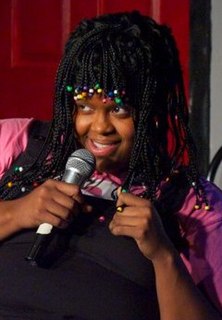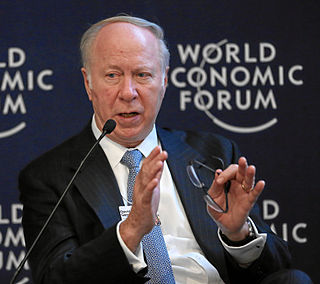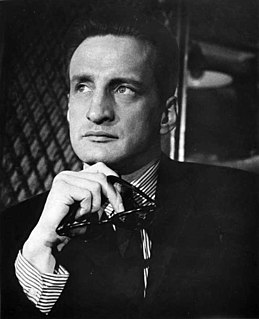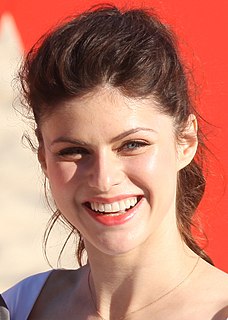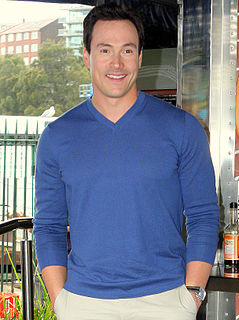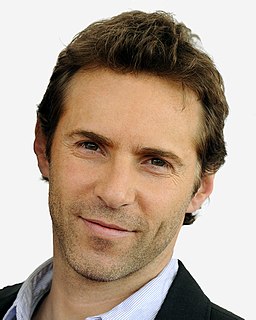A Quote by Natasha Rothwell
When someone on screen portrays a character that behaves in a way you don't expect, you're subverting ideas. So if there's a Venn diagram between why people are drawn to the characters I play, it may be that. But I'd like to think that the craft of acting and the choices I make as an actor are drawing people on their own merits.
Related Quotes
Politics is like watching football. Yes, you can see it directly on your screen, but I think a lot of people want to have some understanding of what's happening, why the play is unfolding the way it is, and I think that's where it can help them, not to render judgments but to help people make their own judgments in a more informed way.
I became an actor to escape my own personality. Acting is the most therapeutic thing in the world. You see, through acting you come full circle in your personality and, oh, what a grand time you can have along the way being wonderful people through your characters...I think all the courage that I may lack personally I have as an actor.
One of my jobs as an actor, regardless of who I play - even if I'm playing a despicable character - is to make people think that that character could exist, that he's real, and the way to do that is to make him believable. He doesn't have to be likable or charming, but he just has to be believable. That is someone who I could see on a bus. That is someone who I could walk past in the street.
My belief about performance capture is that it's a technology which allows actors to play extraordinary characters. But from an acting perspective, I've never drawn a distinction between playing a conventional, live action character and playing a role in a performance capture suit. And from a purely acting point-of-view, I don't believe there should be a special Oscar category because I think it sort of muddies the waters in a way.
There's this famous observation that I totally believe: Great startup ideas are the ones that lie in the intersection of the Venn diagram of 'is a good idea' and 'looks like a bad idea.' So you want most people to think it's a bad idea and thus not compete with you until you get giant. But for it to secretly be good.
I think it's interesting playing characters who are flawed and make mistakes because we all have - no one's just one thing - no one is just bad or just good - so I like finding flawed characters and playing with their redeeming qualities, whether you play it outwardly or not. I think that one of the reasons I'm an actor is that I love people and I love finding out who they are and why they do the things they do, so it is fun to play those kinds of characters.
The "magic if" is a tool invented by Stanislavski, the father of acting craft, is to help an actor make appropriate choices. Essentially, the "magic if" refers to the answer to the question, "What would I do if I were this character in this situation?" Note that the question is not "What would I do if I were in this situation?" What you would do may be very different from what the character would do. Your job, based on your analysis of the script, the scene, and the given circumstances regarding the who of your character, is to decide what he or she would do.
I think the universal themes of "American Pie" are what make it attractive to everybody. How to people relate to these characters? It's because these five male characters in this movie wouldn't ordinarily be in the same friend group and they each have their own part to play in the whole thing. There's a character for everybody in this movie that they can relate to... that they either were or knew someone that was. To cover the range like that is pretty unique to our franchise.
